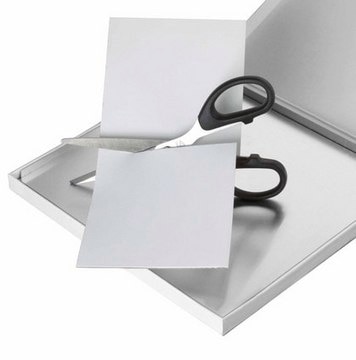06300
Aluminum oxide Inorganic Sorbent
activated, neutral, 100-285 mesh, Brockmann Activity I
Synonym(s):
Alumina
About This Item
Recommended Products
product name
Aluminum oxide, activated, neutral, Brockmann Activity I
grade
standard
Quality Level
form
powder
quality
activated, neutral
technique(s)
LPLC: suitable
surface area
155 m2/g
matrix
Aluminum oxide
matrix active group
aluminum oxide
particle size
0.05-0.15 mm
pore size
60 Å mean pore size
pH
7.0±0.5
mp
2040 °C (lit.)
separation technique
hydrophilic interaction (HILIC)
SMILES string
O=[Al]O[Al]=O
InChI
1S/2Al.3O
InChI key
TWNQGVIAIRXVLR-UHFFFAOYSA-N
Looking for similar products? Visit Product Comparison Guide
Related Categories
General description
Aluminum oxides are generally used as solid support phases in solid phase extraction (SPE)-based clean-up procedures employed in chromatographic methods.
Application
It may be used for purification of fish tissue extract followed by liquid−liquid extraction into dichloromethane prior to the analysis for triarylmethane and phenothiazine dyes by liquid chromatography-tandem mass spectrometry (LC−MS/MS). It may also be used as a solid support phase for SPE-based analysis of pyrethroid insecticide residues in vegetable oils by gas chromatography-tandem mass spectrometry (GC-MS/MS).
wgk_germany
nwg
flash_point_f
Not applicable
flash_point_c
Not applicable
ppe
Eyeshields, Gloves, type N95 (US)
Choose from one of the most recent versions:
Certificates of Analysis (COA)
Sorry, we don't have COAs for this product available online at this time.
If you need assistance, please contact Customer Support.
Already Own This Product?
Find documentation for the products that you have recently purchased in the Document Library.
Customers Also Viewed
Our team of scientists has experience in all areas of research including Life Science, Material Science, Chemical Synthesis, Chromatography, Analytical and many others.
Contact Technical Service



